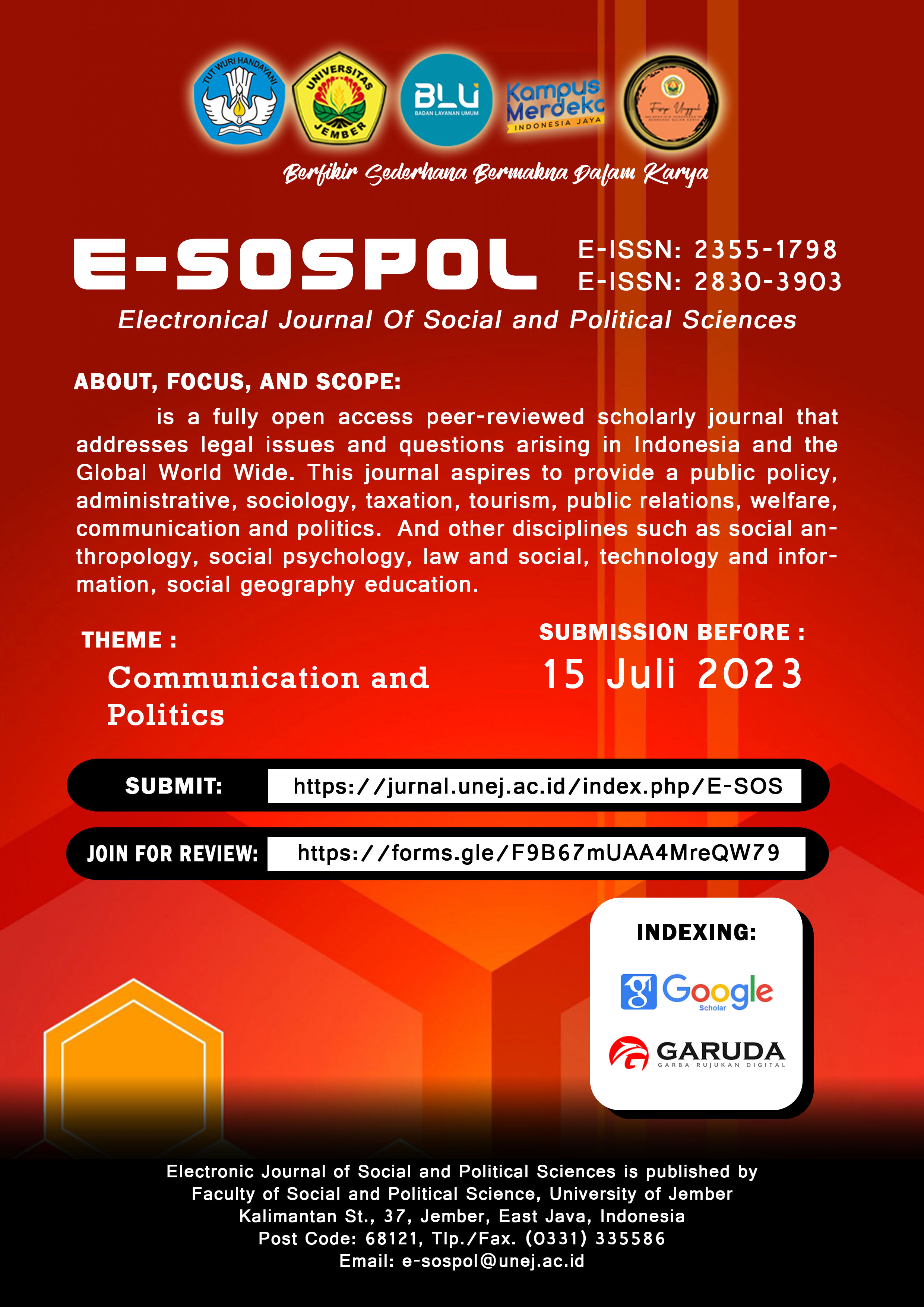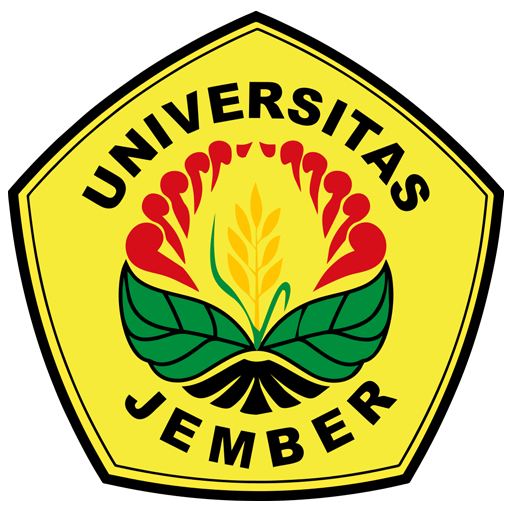Kebijakan Cina Membatasi Ekspor LTJ (Logam Tanah Jarang) ke Amerika Serikat
Abstract
Rare Earth Metal (REM) or Rare Earth Element is one of unrenewable natural resources as a main resource in electronic, automotive, and military industries. Almost all of resent high technology and green products, such as, television, smart phone, hybrid car, and nuclear guidance tools use REM. China is the world largest REM user, producer, and exporter, in which China also has the highest percentage of aplication of REM. However, since 2005, the REM prices have decreased significantly and the Chinese Government started to restrict the REM export to the importer countries, especially United States. The reason behind REM export restrictiotion was based on costs and benefits consideration whose goals are to replace all the costs that had been used, and to fulfil increasing domestic needs and stockpilling, as in line with International Political Economy concepts. China also tries to hold global market monopoly of REM and to increase a dependence among importer countries. Aside than that, Chinese Government focus and concern relate to environmental destruction due to the increasing of smuggling and illegal mining that have happened for several years. This environment problems are the main reason why the Chinese Government restrict it's REM export. As the implication of this policy, some importer countries, such as, United States, Japan amd European Union sued Chinese Government to WTO due to China's REM export restriction and monopoly.
Keywords: China, export restriction, political economy policy.
Penulis yang mengusulkan naskahnya untuk dapat diproses penerbitannya pada e-SOSPOL dianggap telah menyetujui beberapa hal sebagai berikut:
1. Penulis tidak dapat menarik naskah yang telah usulkan untuk diproses hingga mendapat jawaban dari Ketua Dewan Penyunting atas status naskah artikel ilmiahnya (diterima atau ditolak untuk diterbitkan).
2. Penerbit tidak bertanggung jawab terhadap kasus plagiasi atas artikel yang terbit pada e-SOSPOL
3. Penerbit tidak bertanggung jawab atas data dan isi dari artikel yang diterbitkan pada e-SOSPOL, dan sepenuhnya merupakan tanggung jawab penulis.






.png)

